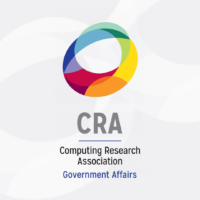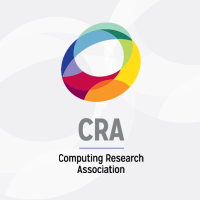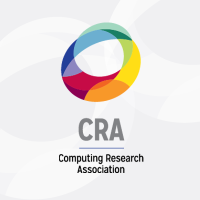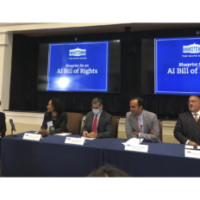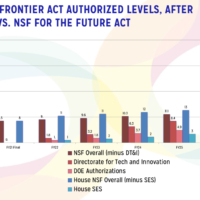
Policy Spotlight: Juan E. Gilbert, University of Florida
By CRA Government Affairs As part of CRA’s mission to help the computing research community become more aware and engaged in the policymaking that affects our field, Computing Research News’ Q&A series, Policy Spotlight: Conversations with Computing Researchers, highlights the work that community members are doing in governmental roles or who have taken part in […]


